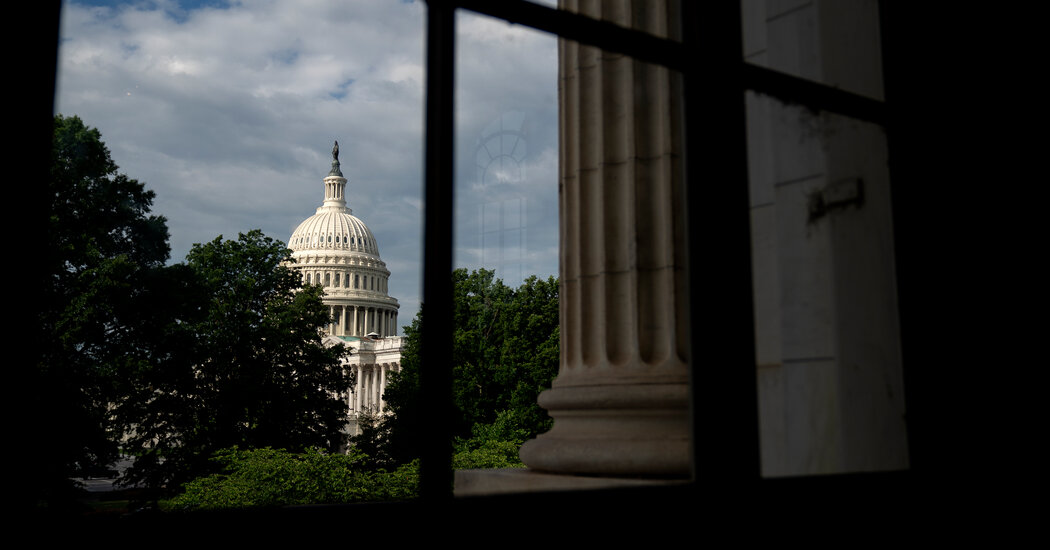
But the bipartisan group of senators are part of a broader coalition of moderates who have quietly met since Mr. Biden took office in an effort to explore avenues of compromise on a number of issues. Moderate Democrats in particular have been resistant to immediately bypassing the need for Republican votes on an infrastructure package, long seen as a particularly ripe area for a bipartisan agreement.
The five Republicans are Senators Rob Portman of Ohio, Mitt Romney of Utah, Lisa Murkowski of Alaska, Susan Collins of Maine and Bill Cassidy of Louisiana. The Democrats are key moderates: Senators Kyrsten Sinema of Arizona, Joe Manchin III of West Virginia, Mark Warner of Virginia, Jeanne Shaheen of New Hampshire and Jon Tester of Montana.
“I think it’s important that there is this initiative, that again is a bipartisan initiative,” Ms. Murkowski said before the announcement. “What is happening now is as Republicans and Democrats, we are going out to folks within our respective conferences, talking about the contours of what we put together to see what that level of support might be.”
With razor-thin margins in both chambers, Democratic leaders have begun to quietly work on the legislation needed to use the fast-track budget reconciliation process, which would allow them to move a sweeping infrastructure package with a simple majority. But the maneuver would require near unanimity from the caucus and promises to be challenging, given the strict budgetary rules that govern the process.
“We either need to do it in a bipartisan fashion that gets 60 votes, which shows no sign of occurring given the substance of the ongoing bipartisan negotiations, or we need to be prepared to use the reconciliation process,” said Senator Sheldon Whitehouse, Democrat of Rhode Island and one of the most vocal proponents for the preservation of the climate provisions. “It’s got to happen.”
Senator Chuck Schumer of New York, the Democratic leader, refused to comment on the details from the bipartisan group as he left the Capitol on Thursday. “We continue to proceed on two tracks,” he told reporters. “A bipartisan track and a reconciliation track — and both are moving forward.”




